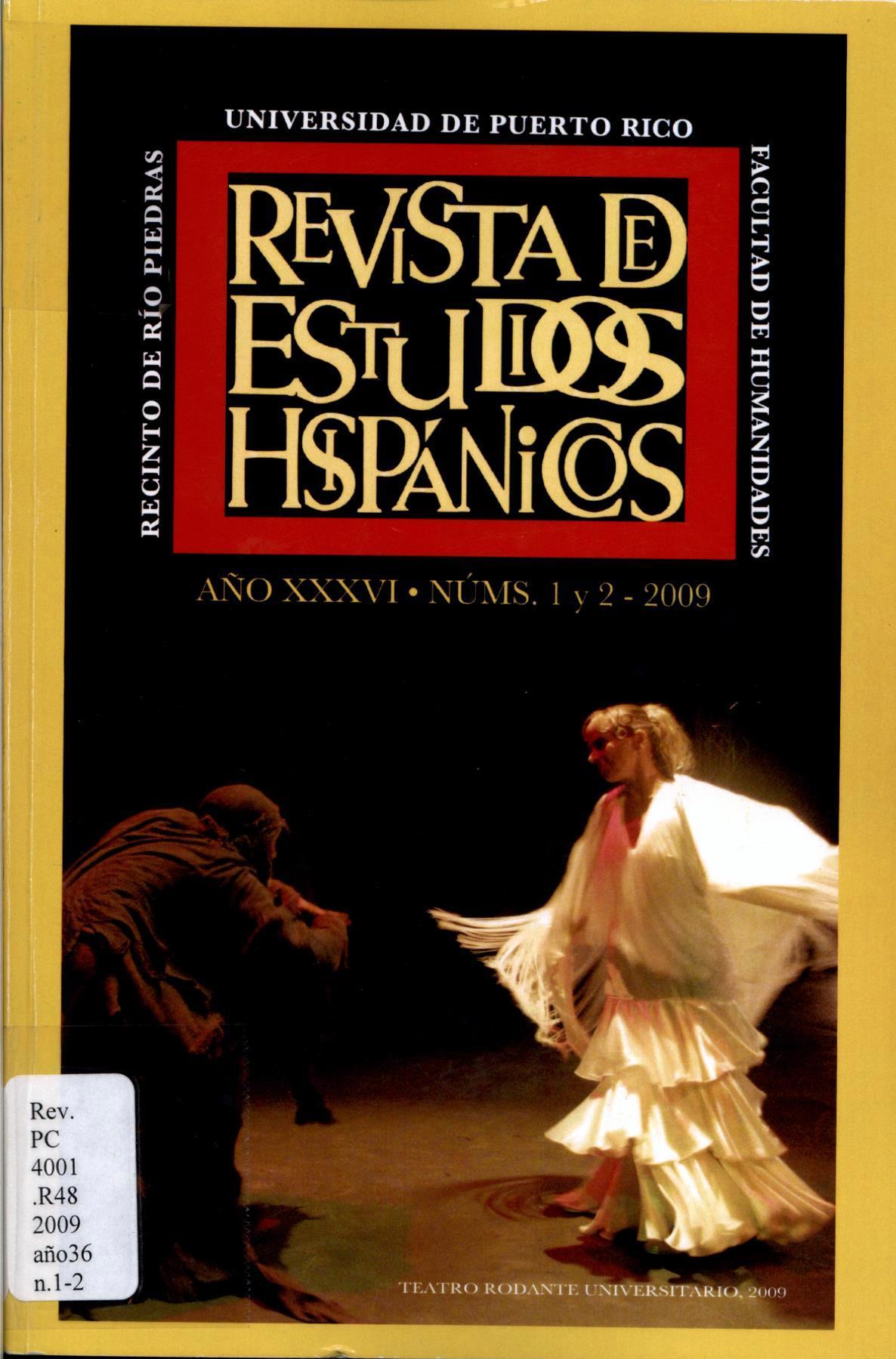Abstract
In 1900, science in Spain was practically irrelevant. In order to solve this situation, The Board for the Development of Scientific Studies and Research (Junta para Ampliación de Estudios e Investigaciones Científicas, -JAE-), was founded in 1907. The JAE developed an intensive program of foreign scholarships and promoted the establishment of research centers. The Spanish Civil War put a stop to the science program. The fascist ideology and culture of the Franco regime represented a reversal of historical proportions to the weak and fragile scientific environment. The exile of scientists led to a decapitalization that would take decades to overcome. The cost of the loss of scientists was simply overwhelming. Spain lost its already modest but valuable scientific community. The American continents deployed its solidarity welcoming Spanish scientists. Mexico, Argentina, Cuba, United States, and Puerto Rico, among others, took the lead in receiving with open arms the Spanish exiles. The work of intellectuals such as Alfonso Reyes in Mexico and Federico de Onís in the United States are perfect examples of Spanish intellectual contributions to their respective hosts while being despised and persecuted in Franco‘s Spain.This work is licensed under a Creative Commons Attribution-NonCommercial 4.0 International License.
Downloads
Download data is not yet available.

